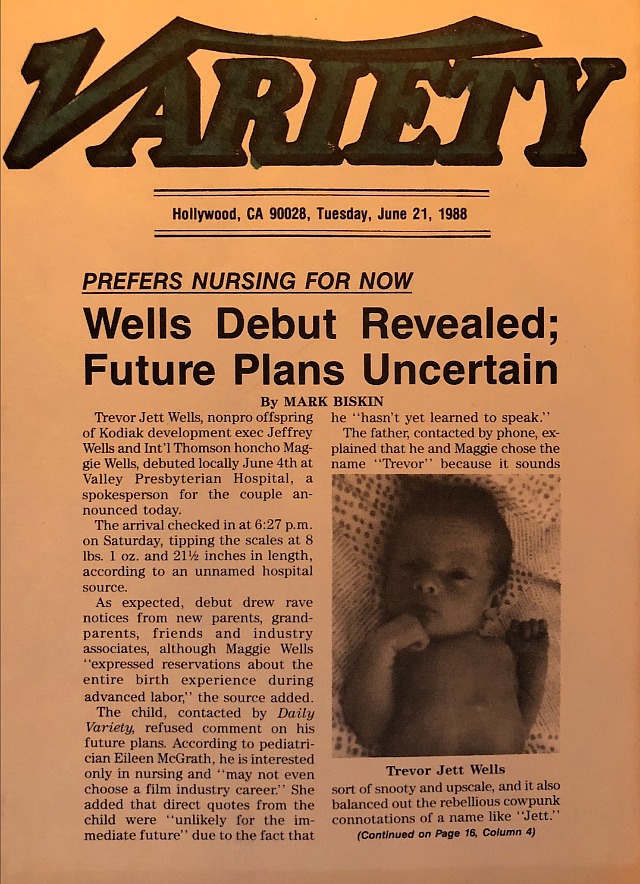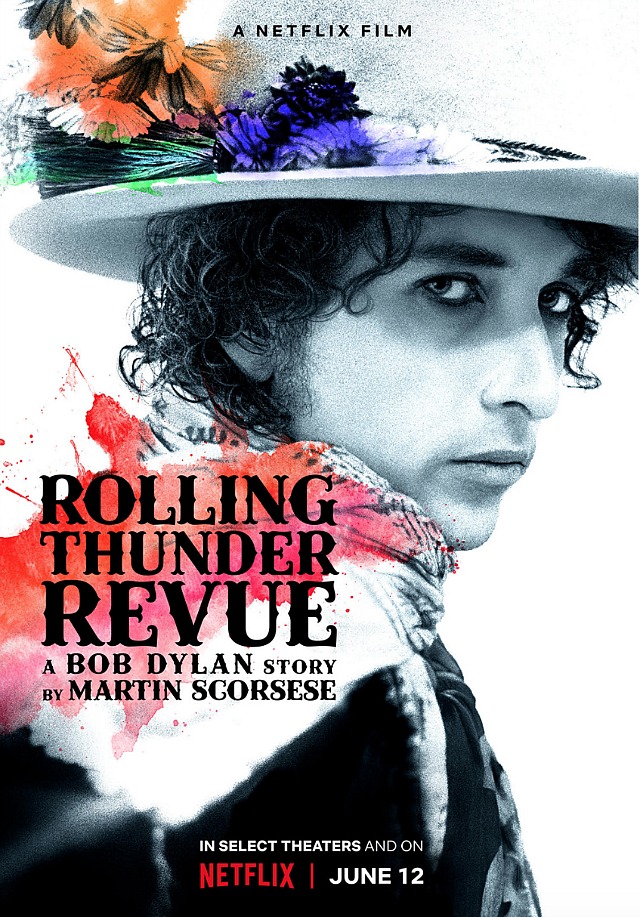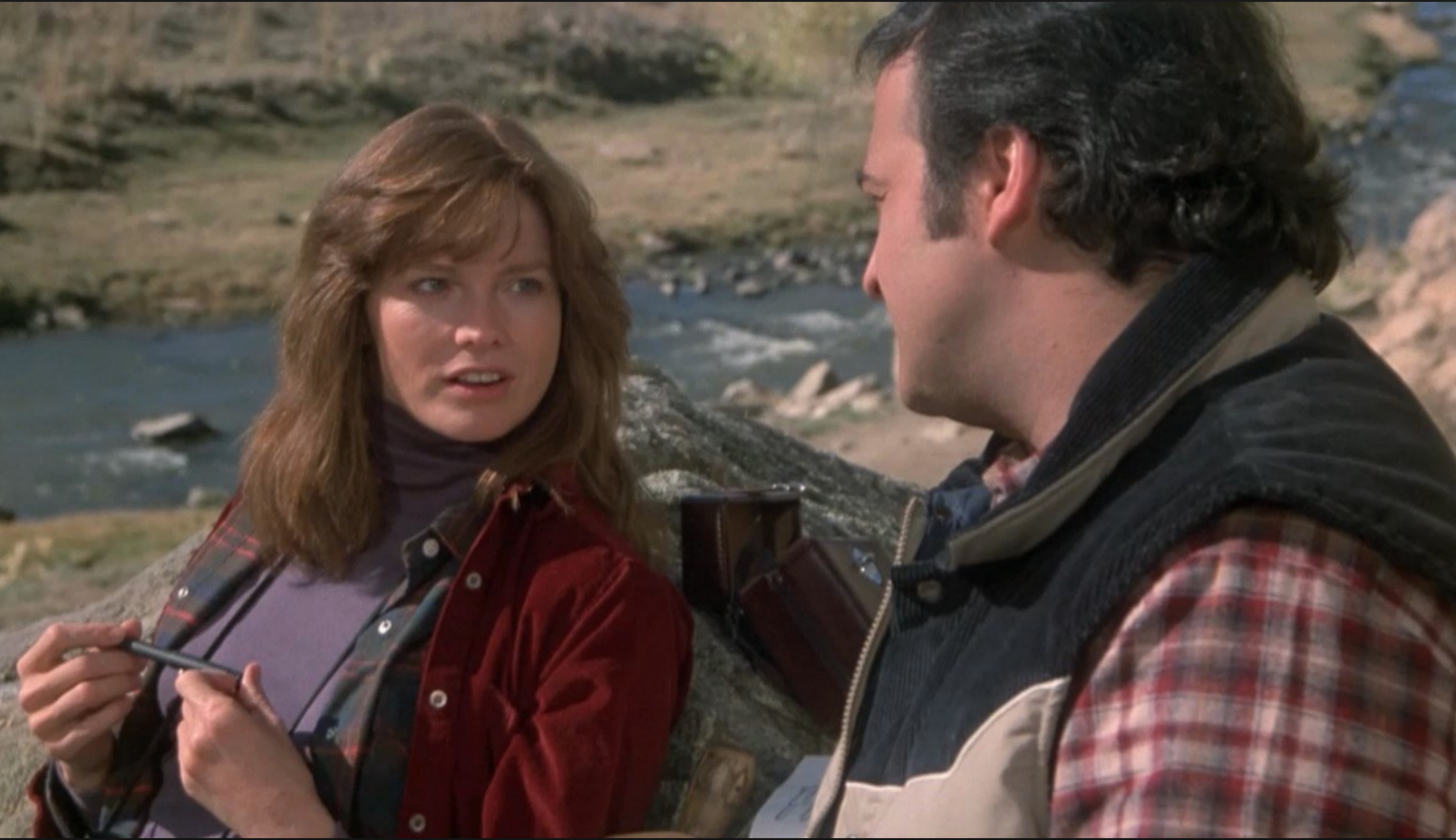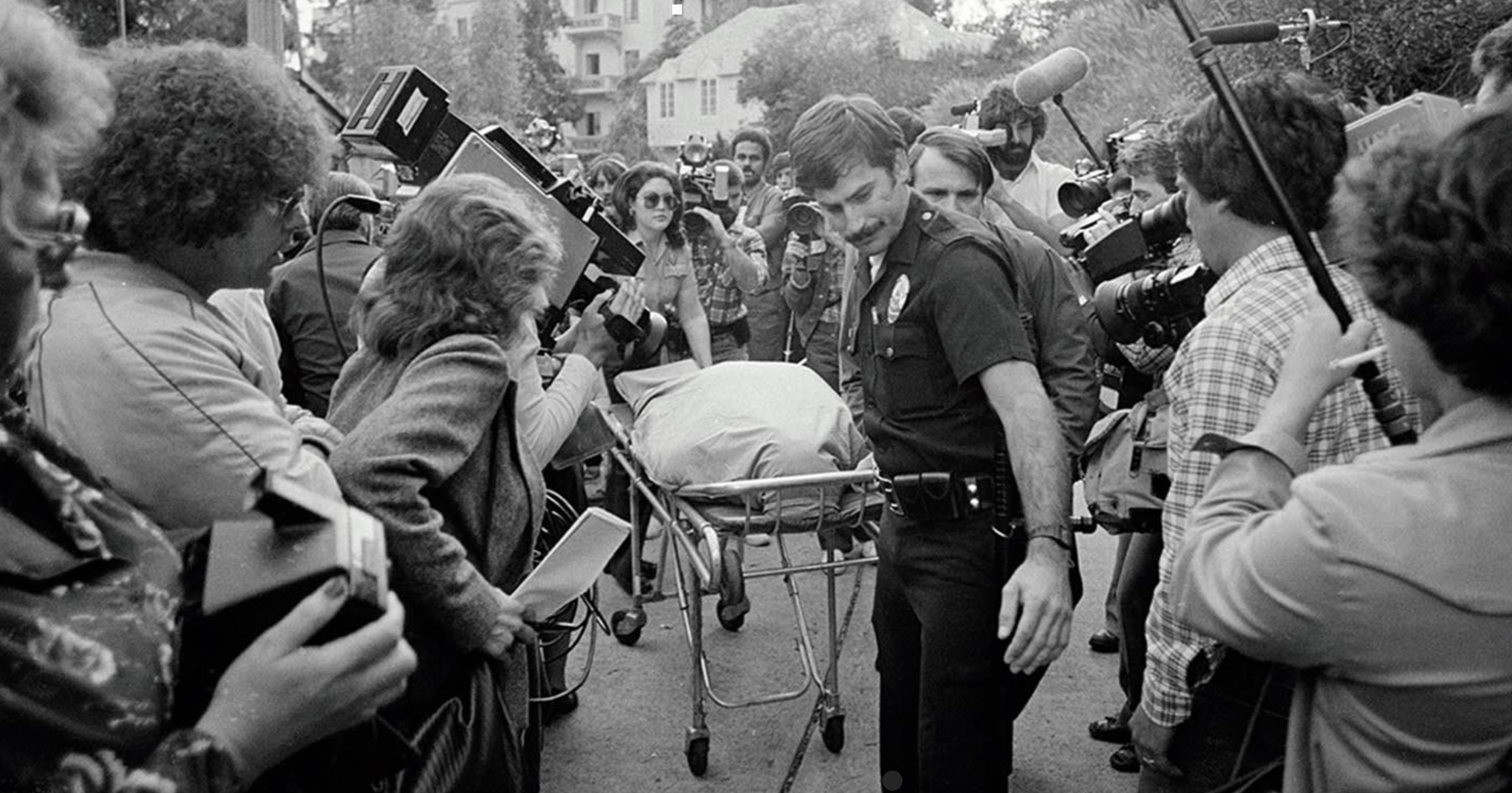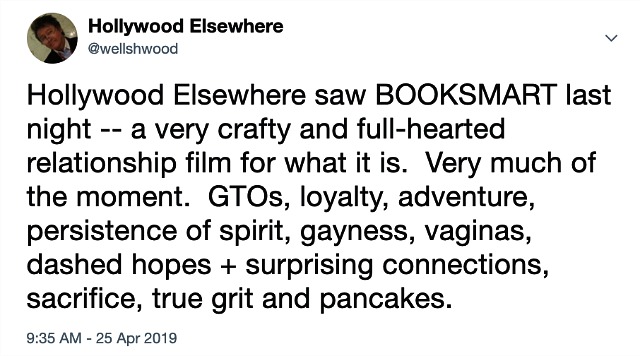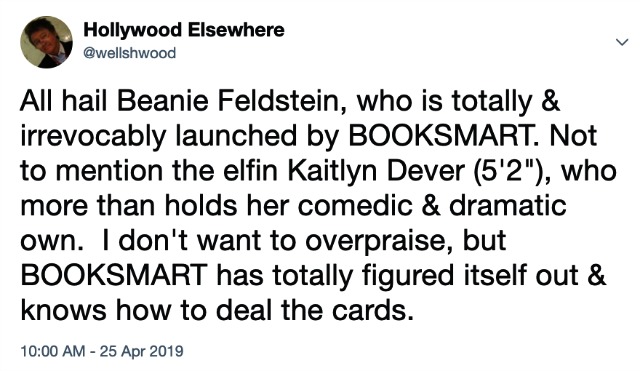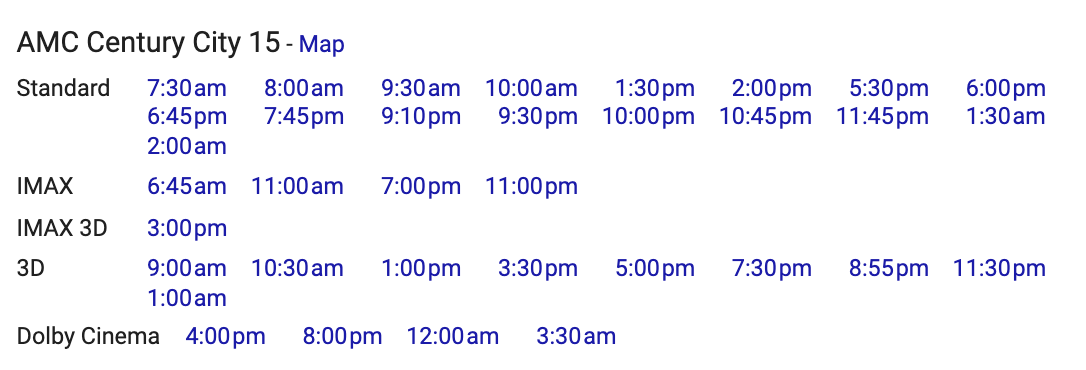To judge by the laughter at a recent press screening, Long Shot (Lionsgate, 5.3) is going to be a hit. Not to mention the Rotten Tomatoes and Metacritic ratings of 86 and 71, respectively. Just don’t call it anything but a bizarre nerd fantasy, or more precisely a Seth Rogen romantic-sexual fantasy fortified by director Jonathan Levine, screenwriters Dan Sterling and Liz Hannah, and a team of producers including costar Charlize Theron.
What if a bearded, bulky-bod, hairy-chested journalist with an extremely blunt and adolescent writing style and a name (i.e., Fred Flarsky) that says “I’m a dork”…what if the current U.S. Secretary of State, a 40ish foxy type named Charlotte Field (Theron), used to babysit Flarsky (Rogen) when he was 10 or 11 and she was 16 or thereabouts, and is now thinking about running for President because the current Oval Office occupant wants to become a bigtime movie actor?
And what if Flarsky suddenly meets Field at a party and (a) they recognize and reminisce, (b) she decides to hire him as a speechwriter because she needs a guy who writes like a pissed–off seventh grader but also (c) quickly develops an attraction for Flarsky, and before you know it is doing him six ways from Sunday? And then love enters the picture and the movie is suddenly about values.
Given the extremely improbable story line in Long Shot, I figured they’d try to aim it at a late-teen sensibility, perhaps even at 20 or 22 year-olds. Low and semi-coarse and therefore “funny”, but occasionally sounding and behaving like, say, a Seth Rogen-flavored In The Loop. Remember that Armando Iannucci film? How fast and sharp it was? How skillful and sure-footed?
Well, guess what? In The Loop isn’t stupid enough for the Long Shot crowd. It isn’t stoned or digressive or downmarket or druggy enough. (There’s a scene in which Seth and Charlize drop some “Molly” in Paris.)
Long Shot, alas, is aimed at a 13 year-old mentality. Okay, a 14 year-old mentality. Every line, every scene save for three or four half-decent moments (did I hear a Brett Ratner joke in there somewhere?) plays to the stoners and dipshits in the cheap seats, otherwise known as the Seth Rogen crowd.
This would be totally forgivable, of course, if Long Shot was funny, but it’s not. When you play it this broadly and this coarse, when every bit and line is written and played on an obviously farcical but brainless jack–off level without the slightest respect for the venal but semi-grown-up political milieu out there or for human behavior as most of us know it, IT’S NOT FUCKING FUNNY.
I wrote Long Shot off (and I mean right the hell off) in the opening scene when Flarsky is stuck in an apartment full of Jew-hating neo-Nazis who are looking to beat him senseless because he’s been pretending to be an anti-Semite with his audio recorder going, and so he needs to get the hell out of there. So Flarsky dives out of a second-story window and slams into a parked car 15 feet below — a fall that would’ve put Evel Kneivel in the hospital for at least six months. Flarsky groans a bit but gets up and stumbles down the street.
Read more
